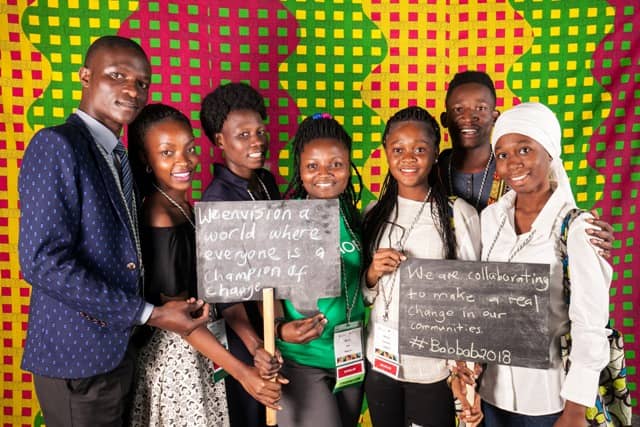Mastercard Foundation Announces USD 2 Mn Fund For African Social Ventures

The Mastercard Foundation has announced a new fund that is aimed at enabling young innovators and entrepreneurs to seed and kick-start promising social ventures and community projects which have the potential to create economic opportunities for themselves and others.
For the next two years, the Foundation will set aside USD 2 Mn for a pilot project that is focused on fostering the capacity of Scholars of the Mastercard Foundation. This is believed to be aimed at implementing transformative leadership by bringing the social and entrepreneurial ideas of these Scholars to fruition.
The Mastercard Foundation Scholars Program is founded on the ideals of giving back to society, with an emphasis on improving the lives of individuals. However, it is found that few leaders have the opportunity to make an impact at a young age. To found and lead successful social ventures, financial support is required by young entrepreneurs to launch promising ideas and enhance further development of projects that are already in motion.
“We are compelled by the leadership of African youth and the vision they hold for the continent’s future. Whether it is providing quality education for refugee youth and children in Uganda, developing organic and cost-efficient fertilisers for low-income farmers in Zimbabwe, or creating a Made-in-Africa brand that employs vulnerable artisans, Mastercard Foundation Scholars are already activating their ideas for change with modest resources. We believe Scholars will seize this new opportunity to lead change in their communities,” enthused Shona Bezanson, Associate Director of the Mastercard Foundation Scholars Program.
Partners in the initiative are universities and institutions who are in line to receive funding for their efforts. This goes to highlight the design and delivery of the competitive fund in a manner that underlines local context. The Foundation will also be at the forefront of monitoring and evaluation activities which will cater for the learning, evaluation, and determination of best ways to extend and scale the opportunity within and beyond the Scholars Program.
See More: Why The Next Bunch of Billionaires in Nigeria Will be Tech Startup Founders
See More Also: Broadband Penetration Has Reached 23% In Nigeria And This Could Mean Well For IoT Expansion In The Country
Since coming into existence in 2016, the Mastercard Foundation claims to have offered support to more than 30 ventures established by Scholars working to improve the lives of others. Valid cases in point exist in the form of Ghana’s Happy Home Eco-Sanitation Company/Services which is believed to have collaborated with Ashesi University to build a 7-unit toilet facility which will benefit up to 1,000 people at Berekuso Basic School. The same company is said to have also erected a stand-alone toilet facility in Berekuso for EduCare; a nursery school, which will serve up to 30 children under the age of 10.
It’s a similar story from Zimbabwe where the Little Dreamers Foundation looks set to unveil its first cohort of 12 girls by January 2019 as it continues to develop its poultry project. This project is designed to feed the children once they are registered in preschool. This way, it hopes to reduce school fees for economically-disadvantaged families. More so, the story from Uganda has it that Sparky Dehydrator has trained up to 400 farmers and sold more than 20 food dryers, most of which are currently used by farmers in five districts across the country. In much the same manner, the latest fund will be looking to support similar projects in some African countries.
Feature image courtesy: Africa.com